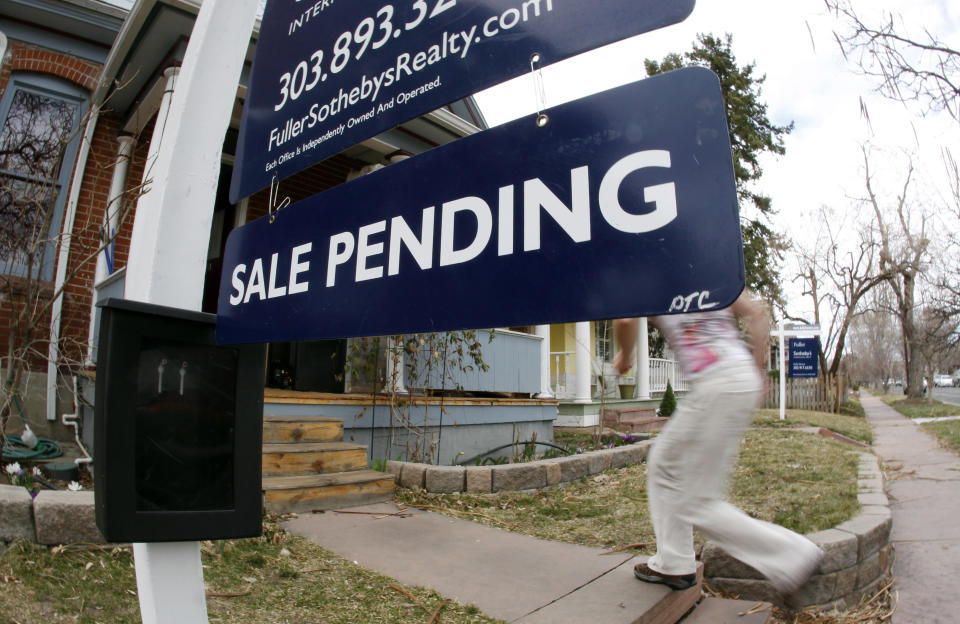Housing market optimism won't necessarily boost home sales
The power of positive thinking may have lost its influence in the housing market, according to a Federal Reserve Bank of New York study released Wednesday.
People who are optimistic about the real estate market were not more likely to buy property, a primary residence or investment property, according to the new study. Optimists cited obstacles such as high down payments and income requirements for acquiring real estate.
“Some may find surprising that optimism about future home price growth does not lead to actual desire for home purchase…,” said Lawrence Yun, chief economist and senior vice president of research at the National Association of Realtors. “The reason is that in the home purchasing market there is a gatekeeper known as a mortgage approval process. This assures that only the financially qualified can enter the market and thank goodness we don’t have easy subprime mortgages anymore.”

But the tight lending environment has not made people less optimistic. In fact, buyers who are optimistic predict price growth to double compared to what other households’ estimate.
“Although the relationship between extrapolation and aggregate prices may have been stronger historically, importantly for models of credit cycles going forward, we find that the most optimistic extrapolators from 2015 through 2019 are not more likely to enter the housing market,” wrote Haoyang Liu, an economist at the Federal Reserve Bank of New York’s Research and Statistics group, and Christopher Palmer, a visiting scholar at the Federal Reserve Bank of Boston and assistant professor of finance at MIT Sloan School of Management.
No sign of a bubble
Tempering optimism is good news for the U.S. housing market. In September, housing sentiment slid down 2.3 points to 91.5. after peaking in August to an all-time high of 93.8, according to the Fannie Mae Home Purchase Sentiment Index.
Historically, optimism has led to housing bubbles, as people who are optimistic tend to buy and drive up prices, leading to overvaluations. Especially since the Great Recession, which was in part caused by over exuberance, consumer optimism has been a subject of fascination, and examined by economists who try to predict future housing bubbles.
But today, optimists have limited buying power in the market. Restrictions on optimists’ purchases have kept them from moving overall economic conditions including prices and trading volumes, the post said.
These findings may be part of the reason why a recent UBS study found that the U.S. is relatively safe from housing bubbles right now. While several U.S. cities were ranked as overvalued, price growth hit a ceiling in cities such as San Francisco and Los Angeles, as national optimism soared.
Sarah Paynter is a reporter at Yahoo Finance. Follow her on Twitter @sarahapaynter
Read the latest financial and business news from Yahoo Finance
Follow Yahoo Finance on Twitter, Facebook, Instagram, Flipboard, SmartNews, LinkedIn, YouTube, and reddit.
More from Sarah:
This village is home to the tiniest apartments in the US
The cities most at risk of a real estate bubble: UBS
This startup wants to help make renting a home more affordable

